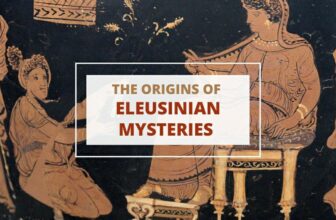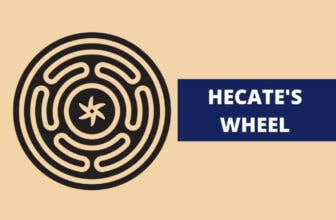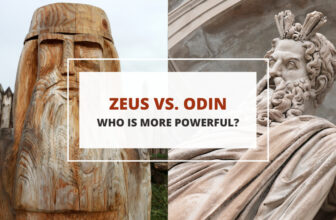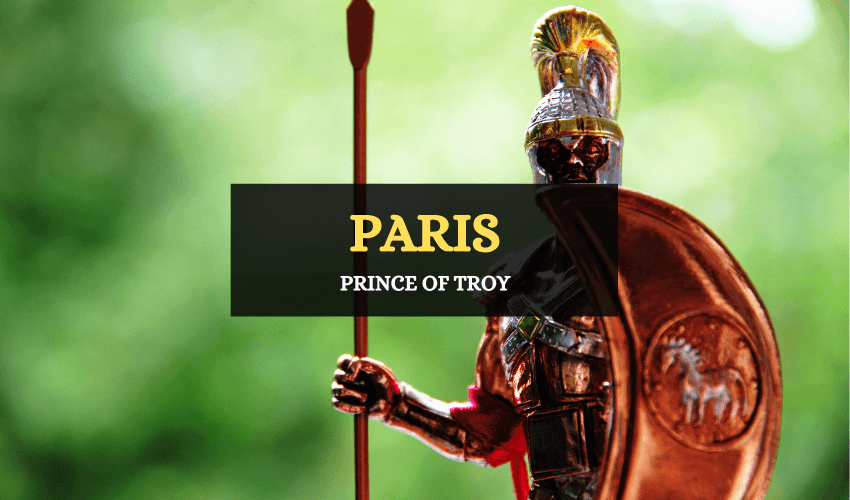
Table of Contents
In Greek mythology, there many remarkable kings with prominent stories. Although King Admetus may not be one of the most famous characters, he is perhaps the only king who had a god under his service. Here’s a closer look at his myth.
Who Was Admetus?
Admetus was the son of King Pheres of Thessaly, who ruled over the city he founded, Pherae. Admetus would eventually inherit the throne of Pherae and ask for the hand of Princess Alcestis, the most beautiful daughter of King Pelias of Iolcos. In some myths, Admetus appears as one of the Argonauts, but his role there was secondary.
Admetus became famous for his connection with the god Apollo, for his marriage to Alcestis, and for his hospitality and kindness. His actions as a mighty king or a great hero are few but the myth of Admetus has endured thanks to his escape from his fate.
Admetus and the Argonauts
Some authors mentioned Admetus in their depictions of the Argonauts. In some cases, he appears in the events of Jason‘s quest for the Golden Fleece under the commands of King Pelias. Admetus has also shown up as one of the hunters of the Calydonian Boar. Despite these events, his most known stories lie somewhere else.
Admetus and Apollo
Zeus thought that Apollo’s son, the god of medicine Asclepius, had come too close to erasing the divisor line between mortality and immortality. This was because Asclepius was such a great healer that he could bring the dead back to life and was also teaching these skills to humans.
Hence, Zeus decided to end his life with a thunderbolt. The Cyclopes were the smiths who forged Zeus’ thunderbolts, and Apollo took his vengeance on them. Enraged by the death of his son, Apollo killed the three one-eyed giants.
Zeus decided to punish Apollo for killing the Cyclopes, so he commanded the god to serve a mortal for some time to pay for what he had done. Apollo was not allowed to use his powers in any way and had to remain loyal to the commands of his employer. In this sense, Apollo became a herdsman for King Admetus.
In another version, Apollo was punished for killing Delphyne, a giant serpent, at Delphi.
Admetus and Alcestis
When King Pelias decided to find a husband for his daughter, Alcestis, he said that only he who could yoke a boar and a lion to a chariot would be a worthy suitor. The task was almost impossible for anybody, but Admetus had an advantage: Apollo.
Since Admetus had been such a good employer during Apollo’s time of servitude, the god decided to show some gratitude by yoking the animals for Admetus. It was an impossible task for a mortal, but for a god, it was easy. With the help of Apollo, Admetus was able to claim Alcestis as his wife and have the blessing of King Pelias.
According to some myths, on the night of Admetus and Alcestis’ wedding, he forgot to offer Artemis the traditional sacrifice done by the newlyweds. The goddess was offended by this and sent a deadly threat to Admetus and Alcestis’ bedroom. Apollo interceded for the king to appease the wrath of Artemis and saved his life.
The couple had a son called Eumeles, who would be one of the suitors of Helen of Sparta and a soldier in the War of Troy. According to some sources, he was one of the men inside the Trojan Horse. They also had a daughter called Perimele.
Admetus’ Delayed Death
When the Moirai (also called Fates) decided that the time for Admetus to die had come, Apollo once again interceded to save the king. The Moirai rarely changed the fate of mortal once they had decided it. In some myths, even Zeus could not do anything when they determined the fatal destiny of one of his sons.
Apollo visited the Moirai and started drinking wine with them. Once they were drunk, the god offered them a deal in which Admetus would remain alive if another life agreed to die in his place. When Alcestis knew of this, she offered to give her life for his. Thanatos, the god of death, escorted Alcestis to the underworld, where she would remain until Heracles rescued her.
Admetus and Heracles
While Heracles was performing his 12 Labors, he stayed for a while in the court of King Admetus. For his hospitality and kindness, the king earned the gratitude of Heracles, who traveled to the underworld to rescue Alcestis. When Heracles arrived in the underworld, he wrestled Thanatos and defeated him. He then took Alcestis back to the world of the living, thus repaying the good deeds of the king. In some accounts, however, it was Persephone who brought Alcestis back to Admetus.
Admetus in Artwork
King Admetus has several depictions in vase paintings and sculptures of ancient Greece. In literature, he appears in Euripides’ tragedy Alcestis, where the author narrates the actions of the king and his wife. This tragedy, however, ends after Heracles returns Alcestis to her husband. There is no further information about King Admetus after he reunited with Alcestis.
In Brief
Admetus may not have the same level of importance as other Greek kings, but he is a noteworthy figure. His hospitality and kindness were legendary, earning him the favor not only of a great hero but also of a mighty god. He remains in Greek mythology as perhaps the only mortal to have escaped the fate assigned by the Moirai.








